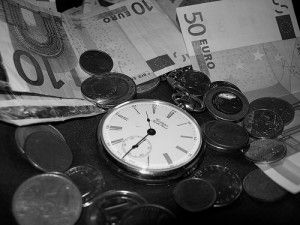Creative Economy – How Should It Be Defined?
There is a ongoing battle in the “creativity” community on how best to define the creative economy. Why is this so important? To prove that something exists, in this case an emerging economy, you must be able to measure it. There are two fundamental camps: The creative economy is defined by companie

There is a ongoing battle in the “creativity” community on how best to define the creative economy. Why is this so important? To prove that something exists, in this case an emerging economy, you must be able to measure it.
There are two fundamental camps:
- The creative economy is defined by companies that participate in what are described as creative industries. These would include: performing and audio-visual arts, including music, film and TV, software, video games, publishing and broadcasting.
- The creative economy is defined by individuals doing creative work as part of their defined job function. Some examples of creative professions include: engineers, educators, scientists, designers, entertainers and architects.
The decision on which approach will define the metrics for how this economy will be measured.
For the “creative industry” approach, its easy to measure once there is agreement on which industries are creative. But are we overlooking something? Are we saying that only companies in the creative industries contribute to this economy?
For the “creative profession” approach, its much harder to measure. How do you measure creative value created from individuals within a company given their roles?
Neither of these approaches are perfect.
The question for you is: How would you define the creative economy?
Phil McKinney Newsletter
Join the newsletter to receive the latest updates in your inbox.




